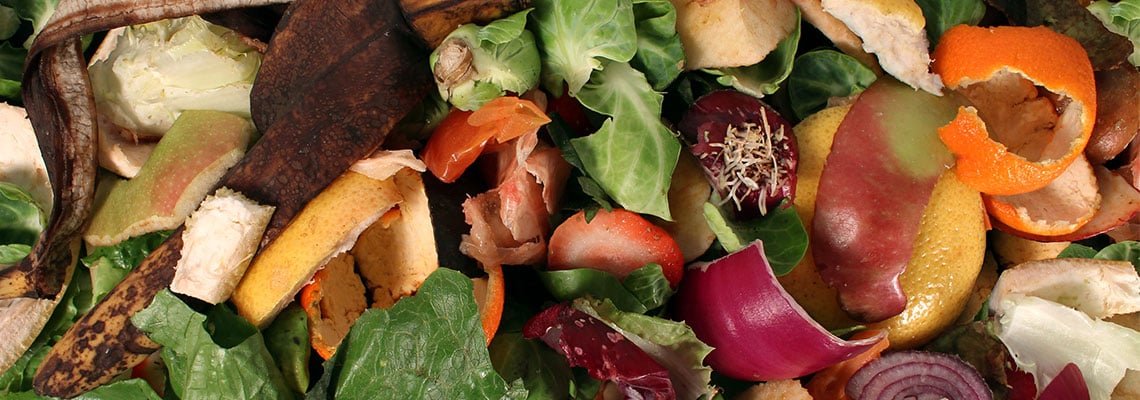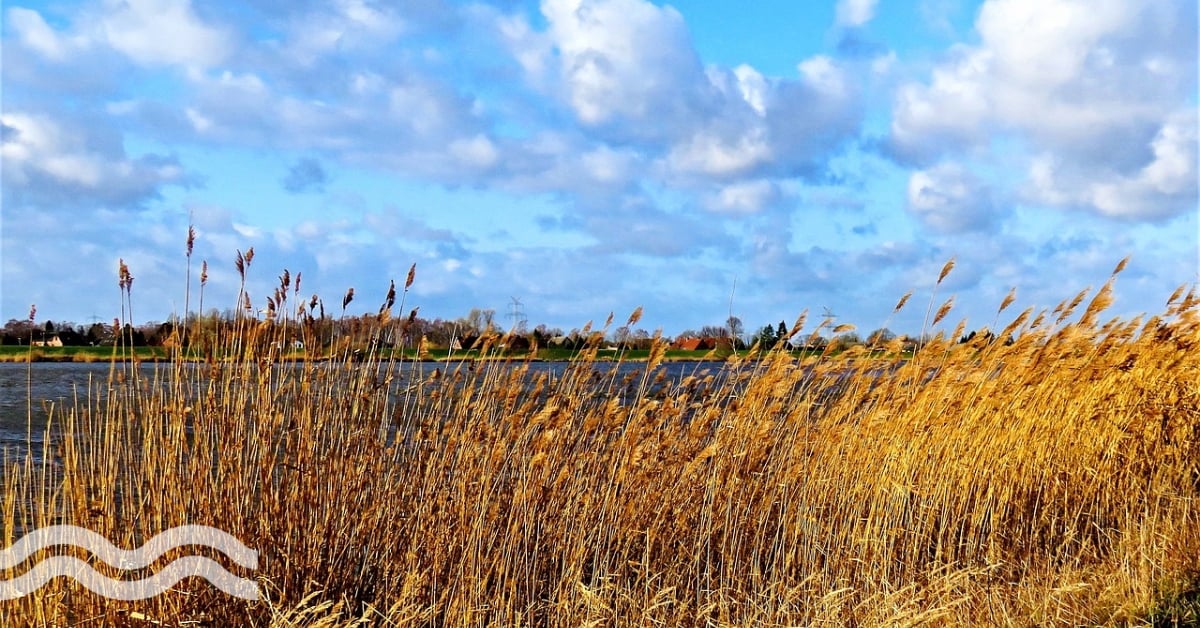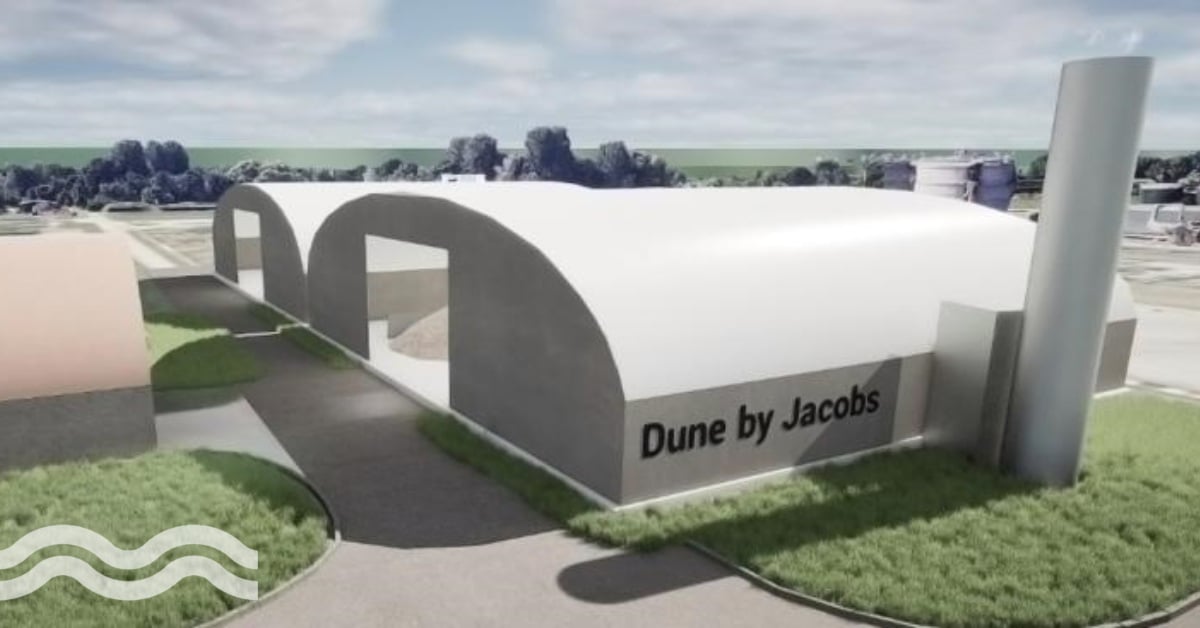Food waste & sludge: teamwork makes the biogas dream work

Results from a trial in Singapore have shown that co-treating food waste and wastewater sludge can triple the output of biogas.
Singapore’s National Water Agency, PUB, has been working with the National Environment Agency (NEA) over the last two years to explore the co-digestion process.
Usually, food waste and wastewater treatment, including sludge, are separate industries with separate infrastructures in place. The common theme is that they are both often classed as a waste but can both be processed into a valuable source of energy.
Ulu Pandan trial
Starting in 2016, source-segregated food waste was collected from 23 premises.
A total of 14 tonnes of food waste was collected daily from dedicated food waste bins in locations such as hospitals, schools and supermarkets.
After delivery to the demonstration facility at the Ulu Pandan Water Reclamation Plant for co-digestion, anaerobic bacteria are used convert the organic materials into biogas.
According to PUB/NEA, as a result of co-treatment, biogas production was increased by up to 40 percent compared to the separate digestion of the two inputs.
Tuas Nexus
Part of broader Circular Economy ambitions and plans for Singapore to become a Zero Waste Nation, results from the trial will also feed into a new development taking place in Singapore.
The new Integrated Waste Management Facility (IWMF) and Tuas Water Reclamation Plant (WRP) are scheduled to be completed in 2025. Collectively known as the Tuas Nexus, the facility will co-treat food waste and used water sludge.
Although the country has a recycling rate of 60 percent, food waste recycling levels remain at 16 percent.
UK co-digestion experience
Singapore is not the first nation to try its hand at combining food and sludge treatment. UK utility Wessex Water subsidiary, GENeco, treats sewage and food waste at the Bristol sewage treatment works in Avonmouth.
Every year the site treats around 75 million cubic metres of sewage waste and 35,000 tonnes of inedible food waste.


